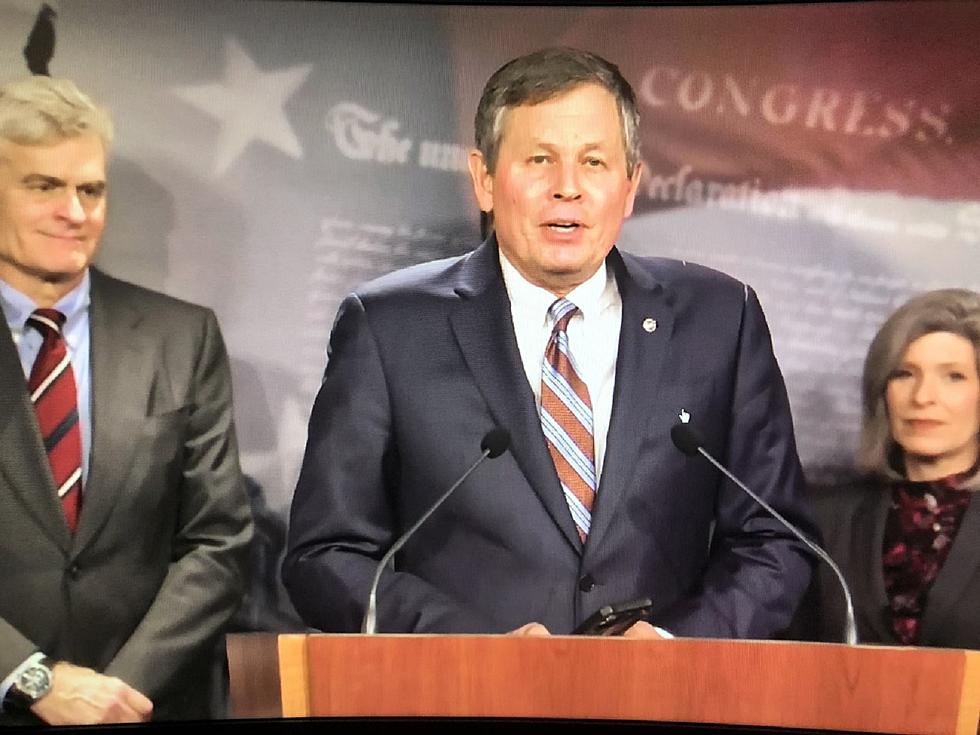
Cutting up the Commerce Clause
The Commerce Clause has become one of the most stretched phrases in all of the U.S. Constitution and after the Affordable Care Act decision by the Supreme court, it's bound to be one of the most contentious. Originally limited to just a few simple words on the federal government's power regarding trade, the clause "to regulate Commerce with foreign Nations, and among the several States, and with the Indian Tribes." has blossomed into a sort of free pass for legislation of all types.
Most conservatives have derided the Supreme Court's ruling on the Affordable Care Act, but it's important to note that many liberals aren't completely happy with the decision either and the commerce clause is the main reason for their contempt. Senator Chuck Schumer (D-NY) has gone so far as to say that Roberts broke his "promise" by curtailing the commerce clause. George Will, on the other hand, describes the ruling on the commerce clause as a "Conservative Consolation Prize." Here's what Chief Justice John Robert's wrote in his decision to get everyone so fired up:
The Constitution grants Congress the power to “regulate Commerce.” Art. I, §8, cl. 3 (emphasis added). The power to regulate commerce presupposes the existence of commercial activity to be regulated. If the power to “regulate” something included the power to create it, many of the provisions in the Constitution would be superfluous....
Our precedent also reflects this understanding. As expansive as our cases construing the scope of the commerce power have been, they all have one thing in common: They uniformly describe the power as reaching “activity.” It is nearly impossible to avoid the word when quoting them....
The individual mandate, however, does not regulate existing commercial activity. It instead compels individuals to become active in commerce by purchasing a product, on the ground that their failure to do so affects interstate commerce. Construing the Commerce Clause to permit Congress to regulate individuals precisely because they are doing nothing would open a new and potentially vast domain to congressional authority.
The end effect of this language is to reign in the commerce clause . . . at least a little . . . by containing it's enforcement to the realm of activity and not extending it to the realm of inactivity as well. Whether or not this will reign in future overreaching legislation is uncertain, but at least the precedent is there.
More From Newstalk KGVO 1290 AM & 98.3 FM









